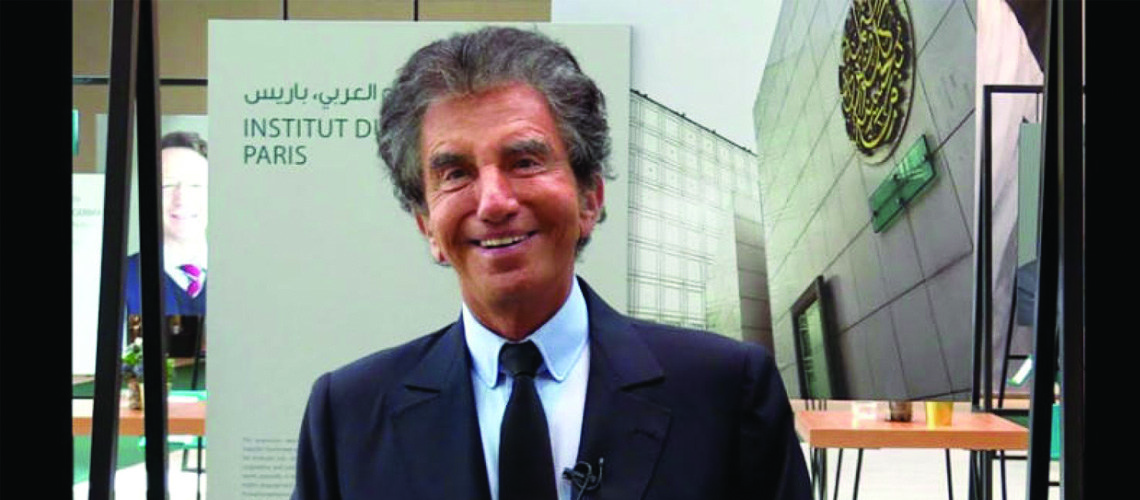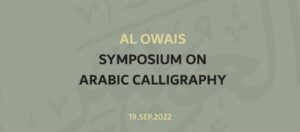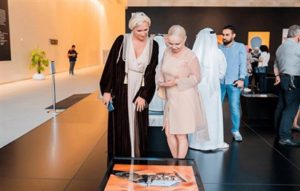Former French culture minister Jack Lang has been re-elected as President of the Arab World Institute (Institut du Monde Arabe) for a fourth term. The 84-year-old Lang has been holding this position since 2013. The Institute, which founded in 1980 as a cultural and diplomatic institution, is located on the banks of the Seine River in Paris.
The Institute’s Board of Directors has unanimously ratified the reappointment of Jack Lang after months of speculations, according to a statement by the board. “French President Emmanuel Macron has reaffirmed his trust in Jack Lang,” the statement said. Lang is recognised for his open attitudes towards Arab culture.
In recent years, the Institute has hosted notable exhibitions like “Orian Express,” “Hajj,” “Christians of the East,” “Habibi, Revolutions of Love,” “AlUla, Wonders of the Arabs,” “On the Roads of Samarkand,” and “What Palestine Offers to the World.”
Alongside these exhibitions, the Institute’s halls have been vibrant with panel discussions and a diverse array of cultural and artistic activities. Furthermore, the introduction of the International Certificate for Proficiency Measurement in Arabic significantly enhanced the Institute’s prominence both at the French, Arab, and international levels.
The Arab World Institute, an institution operates under French law, was established in 1987 as a pivotal institution aimed at defining and promoting Arab culture. This initiative stemmed from an agreement between France and 18 Arab countries to create an institution dedicated to advancing understanding of the Arab world. The Institute’s primary objectives include fostering comprehensive research on the language, cultural, and spiritual values of the Arab world.
The agreement also seeks to facilitate cultural exchange and foster cooperation between France and the Arab world, particularly in the realms of science and technology. Through these efforts, the Institute aims to contribute significantly to the advancement of the relations between the Arab world and Europe.
The Arab World Institute stands as a cultural centre born out of collaboration between France and 22 Arab countries: Yemen, Saudi Arabia, Bahrain, Comoros, Djibouti, Syria, United Arab Emirates, Iraq, Jordan, Kuwait, Sudan, Libya, Qatar, Mauritania, Oman, Palestine, Morocco, Somalia, Lebanon, Egypt, Tunisia, and Algeria.




